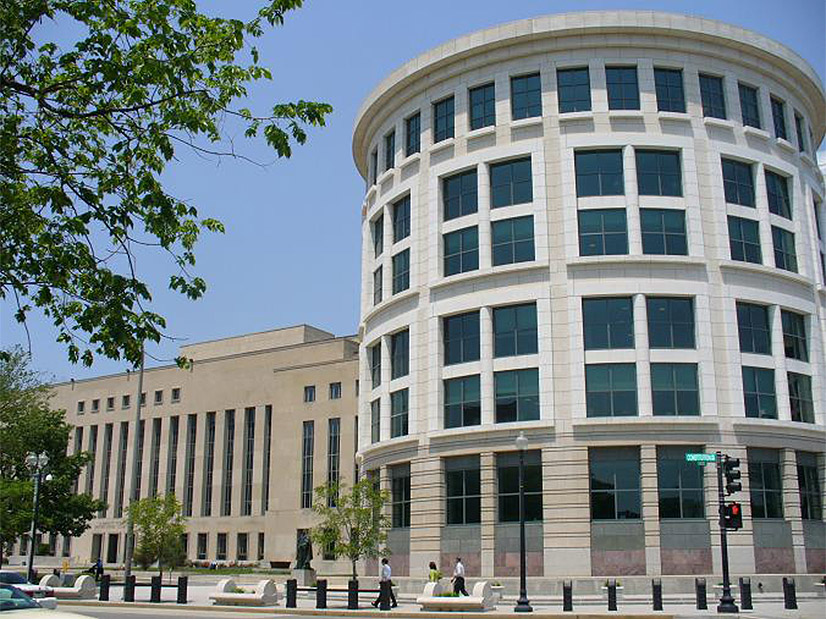Opponents of the Southeast Energy Exchange Market (SEEM) asked the D.C. Circuit Court of Appeals on Dec. 18 to review FERC’s approval of the market in 2021 after the commission once again denied their request for rehearing this year.
The D.C. Circuit remanded FERC’s SEEM approval to the commission in July (ER21-1111, et al.), agreeing with the market’s opponents — a consortium of environmental groups including Advanced Energy United, the Clean Energy Buyers Association, the Natural Resources Defense Council and the Southern Alliance for Clean Energy — that the commission was wrong to deny requests for rehearing following the initial approval because they were filed too late. (See DC Circuit Sends SEEM Back to FERC.)
When FERC approved the SEEM agreement in 2021, it did so by operation of law rather than by majority vote because commissioners were still split 2-2 when the deadline for approval arrived on Oct. 10. Under the Federal Power Act, in such a situation the measure under consideration is automatically considered approved.
AEU and other petitioners filed a motion for rehearing on Nov. 12, which FERC denied, claiming that the petition was submitted after the 30-day deadline for rehearing motions expired. But the court ruled this July that because the approval date fell on a Sunday, and the following 30 days included two holidays, Nov. 12 was the correct due date for the motion. As a result, the court ordered FERC to deal with the rehearing request on its merits, issuing a mandate to that effect on Sept. 19, 2023.
In their court filing, AEU and the other petitioners claimed that “the court’s mandate reset the 30-day clock” for the commission to act on their rehearing request. However, as of Oct. 18 — 30 days after the court’s September order — FERC had not acted on the petition. The petitioners therefore argued that FERC had once again denied the request and called on the court to review the SEEM approval directly.
The court’s July decision also vacated FERC’s approval of SEEM’s non-firm energy exchange transmission service and found that it erred when determining that the market is not a loose power pool, remanding both decisions to the commission. FERC has not yet responded to this part of the court’s order, and AEU and the other petitioners did not ask the court to take up these issues in their filing.
SEEM has faced criticism since before it began operations in November 2022. The market’s founding members — a group of utilities including Duke Energy, Southern Co., the Tennessee Valley Authority and Dominion Energy — promised that the expansion of bilateral trading in 12 Southeastern states would reduce trading friction while promoting the integration of renewable energy resources.
However, its critics, including those involved in this week’s petition, continue to argue that the market would entrench the power of monopoly utilities while providing limited benefits to customers. Chris Carmody, executive director of the Carolinas Clean Energy Business Association, recently told RTO Insider that SEEM “needs dramatic reform” in order to be successful. In its first year of operations, the market has averaged about 72 MWh in hourly activity, a small fraction of the 1,323 MWh that sponsors projected before trading began. (See After One Year, SEEM Still Drawing Criticism.)
Duke and other sponsors have said they are working to increase the number of successful trades through means such as automated tools to improve matches and additional training to help potential trading partners connect. The utilities also expressed confidence that FERC will allow trading on the market to continue despite the D.C. Circuit remanding the commission’s approval decision.




